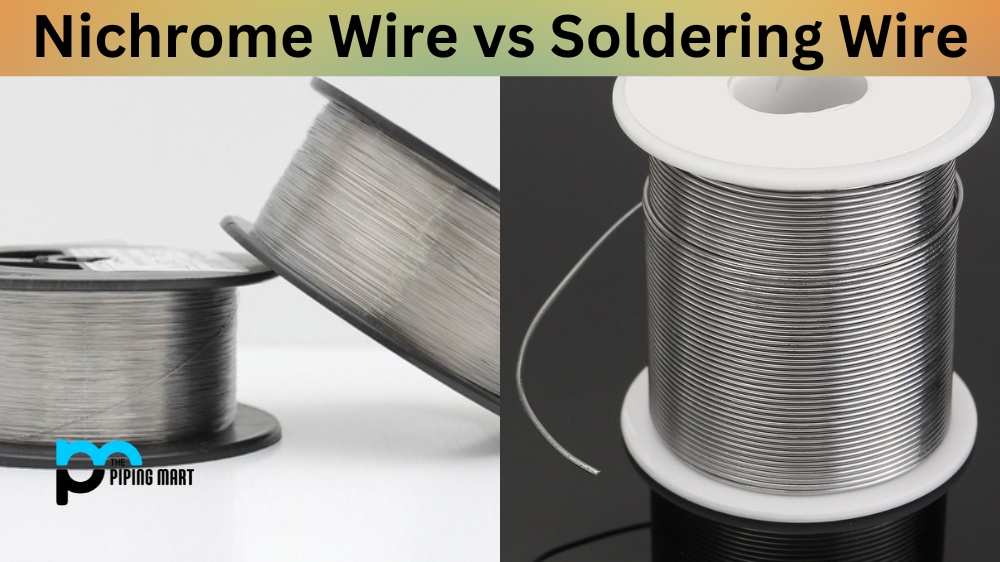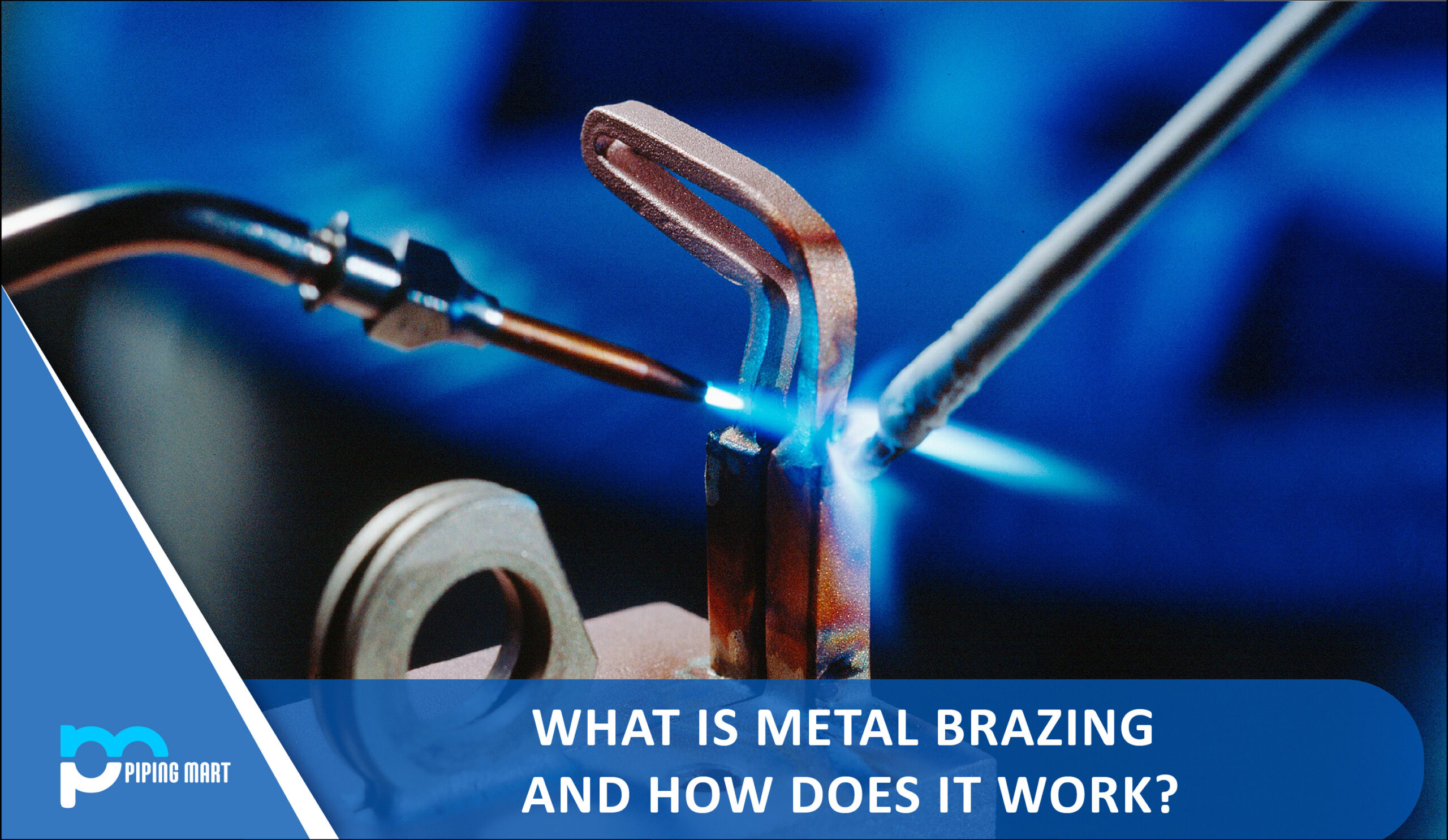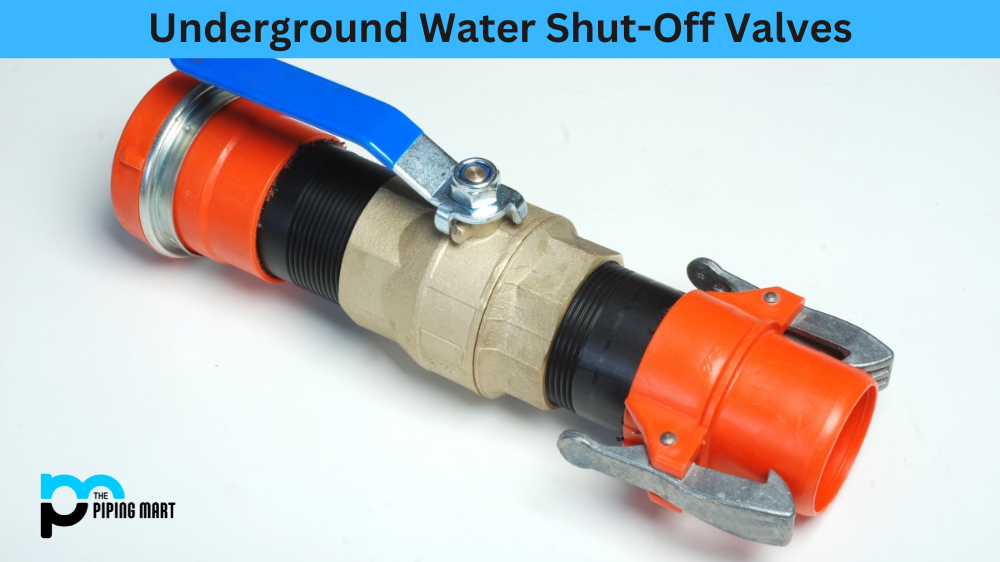Choosing the right wire can be daunting for electrical engineering or DIY projects. With so many options available, it’s crucial to understand their differences to select the most suitable wire for your project. Two of the most commonly used wires in electrical engineering and DIY projects are nichrome wire and soldering wire. In this blog post, we will discuss the differences between the two wires, their features, pros, and cons, and help you determine the most appropriate for your project.
Difference Between Nichrome Wire and Soldering Wire
What is Nichrome Wire?
Nichrome wire is a high-resistance wire used in various applications, including heating elements in appliances, electrical heating devices, and electronic cigarette coils. Its unique properties include its resistance to corrosion, high melting point, and high resistance to extreme temperatures. Nichrome wire is available in different gauges, making applications requiring different voltages and currents possible. It is also an excellent wire for making wire-wound resistors for measuring instruments and thermocouples. Though nichrome wire is relatively expensive compared to other wires, its high resistance, and ability to withstand high temperatures make it an ideal choice for specific applications.
Advantages of Nichrome Wire
- High resistance to corrosion
- High melting point
- Excellent wire for making wire-wound resistors
- Withstands high temperatures
Disadvantages of Nichrome Wire
- It is more expensive than other wires
- Not suitable for all electrical engineering projects
What is Soldering Wire?
The soldering wire is a low-melting-point wire used to fuse two metal parts by melting the wire and applying it to the metal parts, making a mechanical and electrical connection. It is commonly used in electronic and electrical projects, plumbing, metalwork, and jewellery. The soldering wire is available in different wire gauges and alloy compositions, such as silver, lead, and tin. Soldering wire has low corrosion resistance and can be useful in low-temperature applications. Soldering wire’s low melting point makes it an excellent wire for repairing electrical or electronic equipment without causing any damage to the parts.
Advantages of Soldering Wire
- Low melting point
- Affordable compared to other wires
- Easy to use in DIY projects
- Ideal for repairing electrical equipment
Disadvantages of Soldering Wire
- Subject to corrosion
- Low heat resistance
- Not suitable for all electrical engineering projects
Conclusion
Considering the differences between the two wires, choosing a wire suitable for your project is crucial. Both wires are excellent in their specific applications; your choice should depend on the application. Nichrome wire is ideal for high-temperature applications while soldering wire suits electronics and low-temperature applications. Ultimately, your choice depends on budget, application, resistance, and temperature. We hope this blog post has helped you select the most appropriate wire for your project.

Abhishek is a seasoned blogger and industry expert, sharing his insights and knowledge on various topics. With his research, Abhishek offers valuable insights and tips for professionals and enthusiasts. Follow him for expert advice on the latest trends and developments in the metal industry.




